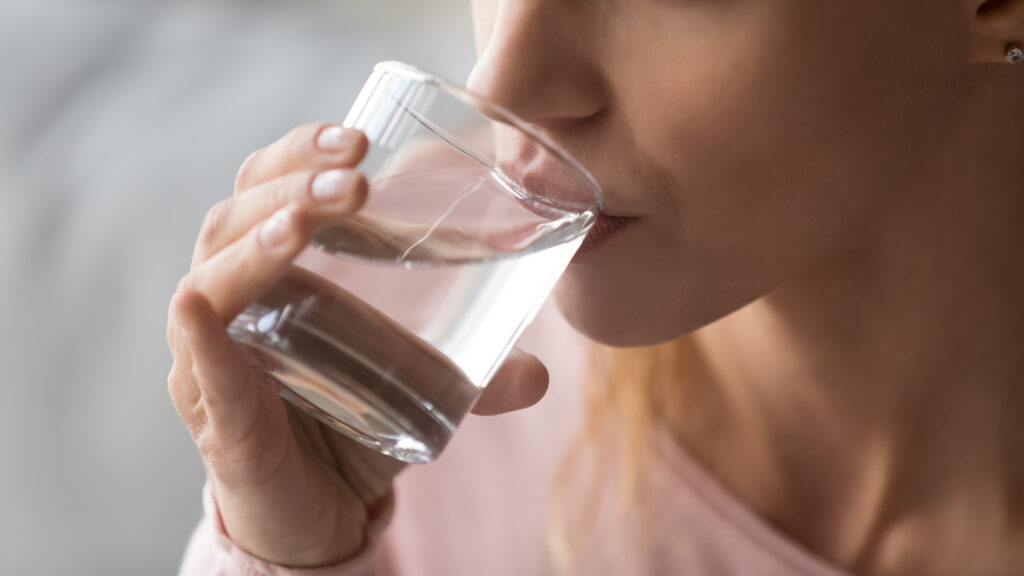Stroll down a supermarket aisle in 2025 and you’ll likely spot pastel-coloured cans claiming to deliver “calm” or “focus”. These are functional drinks – beverages infused with plant extracts, vitamins, or compounds like ashwagandha, lion’s mane mushroom, L-theanine and magnesium – marketed as quick fixes for wellbeing.
The global functional drinks market is booming, forecast to reach €212bn by 2030, and fuelled by shifting habits: almost half of young Britons now opt for low- or non-alcoholic alternatives. Clever branding and social media hype have only accelerated the craze.
“There is promising evidence for some of these ingredients, though results vary and the research is limited,” says Nicolle Cucco, a dietitian and trainer. Ashwagandha and L-theanine have shown benefits in small trials for stress and focus, while magnesium helps only if you’re deficient.
That uncertainty has already sparked controversy. In July, UK regulators banned a TRIP advert for implying its drinks could reduce stress and anxiety without scientific backing. Experts warn that marketing buzzwords often blur the line between genuine effects and placebo.
“The placebo effect is powerful in this space,” Cucco explains. “Simply believing a drink will help you relax can change how your brain perceives stress.”
Enjoying these drinks in moderation is unlikely to cause harm – apart from the cost, with some packs selling for €27 – but they’re no substitute for clinical treatments. “For conditions like ADHD or generalised anxiety disorder, these products are not suitable,” Cucco says.
Dietitian Lena Bakovic adds: “Over-promising leads to disillusionment. Consumers need to look beyond the branding and understand what they’re putting into their bodies.”
Functional drinks may offer a refreshing ritual in a fast-paced world, but when it comes to real calm and focus, there’s no shortcut in a can.

